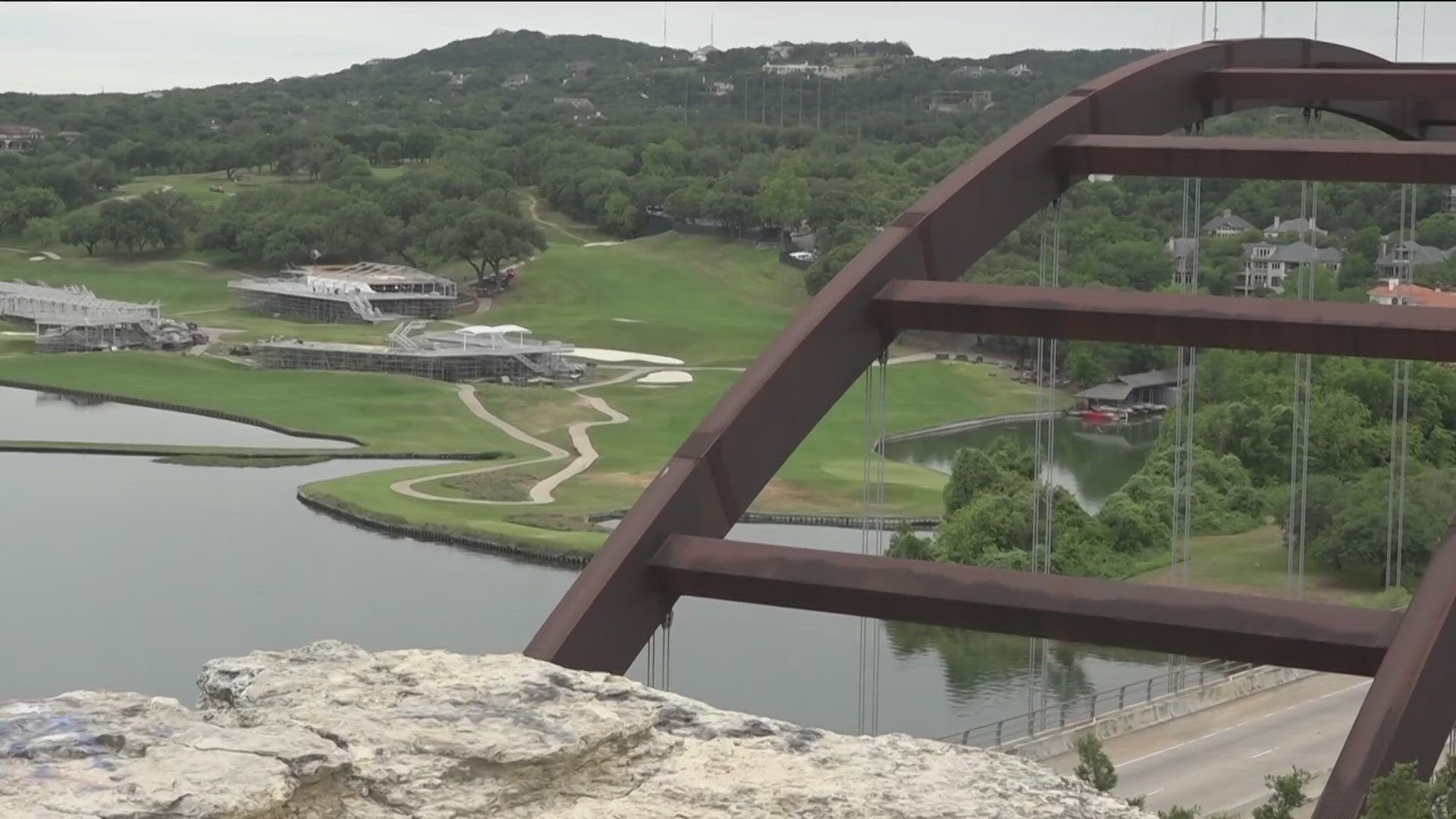Richard Branson’s Virgin Group is investing in Hyperloop One, a tech startup working to build a new high-speed transportation system.
The billionaire investor announced the move on Virgin Group’s website and on CNBC Thursday, which includes rebranding Hyperloop One as Virgin Hyperloop One.
“From our airlines to our trains to our spaceline, we have long been passionate about innovation in transport too, especially the development of technology that could transform people’s lives,” Branson said in a statement. “This is just the latest example. Importantly, Virgin Hyperloop One will be all-electric and the team is working on ensuing it is a responsible and sustainable form of transport too.”
A Hyperloop uses a pod to carry passengers or cargo through a low-pressure tube. The pods float above the tube’s surface using magnetic levitation and are propelled via electric propulsion. With a goal of the pods traveling as high as 700 mph, it could reduce the travel time between Austin and Dallas to around 20 minutes. Hyperloop Texas’ proposed “Texas Triangle” route to connect Dallas, Austin, San Antonio and Houston with a freight route to Laredo was one of 10 selected by Hyperloop One in September as part of its Global Challenge.
Branson said he visited Hyperloop One’s test facility near Las Vegas earlier in the summer. “I was very impressed and now look forward to helping turn this cutting edge engineering into a global passenger service.”
Hyperloop One has conducted two tests at its Nevada facility in 2017, including a July test in which the pod reached 192 mph.
Speaking with CNBC on Thursday from London, Branson also explained how using a Hyperloop to move cargo could lead to the development of port areas.
“Let’s say you’ve got a big port in a beautiful part of your country,” Branson said. “Let’s say you build a little island just off that port, where instead of bringing all these cargo boats into this beautiful country, you just dump all this stuff on this island and then you whisk it by Hyperloop under the port, inland so the lorries don’t have to come anywhere near your big, pristine port area. And then you can turn that port area into flats and houses.”
Virgin Hyperloop One and similar companies still face obstacles before they can make their commercial debuts, including securing funds from governments to invest in the service and assuring passengers the high-speed tubes are safe for travel.
Hyperloop One is just one transportation company in which Virgin has invested. In March 2016, Virgin Group optioned 10 planes from Boom Technology, a Colorado-based startup working to build the next generation of supersonic aircraft. Boom says on its website it wants to fly its XB-1 Supersonic Demonstrator next year and hopes to begin passenger flights in the early 2020s.


